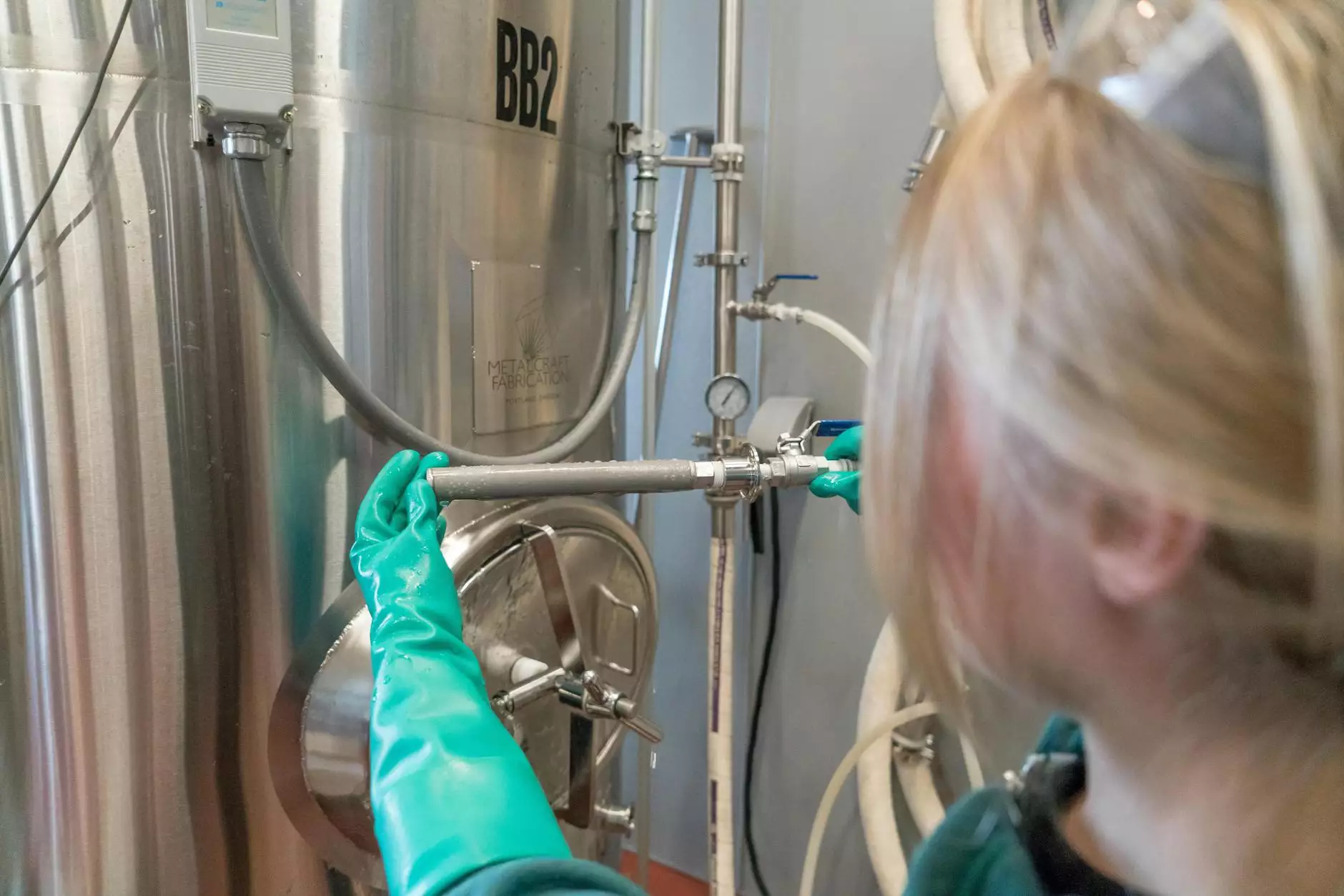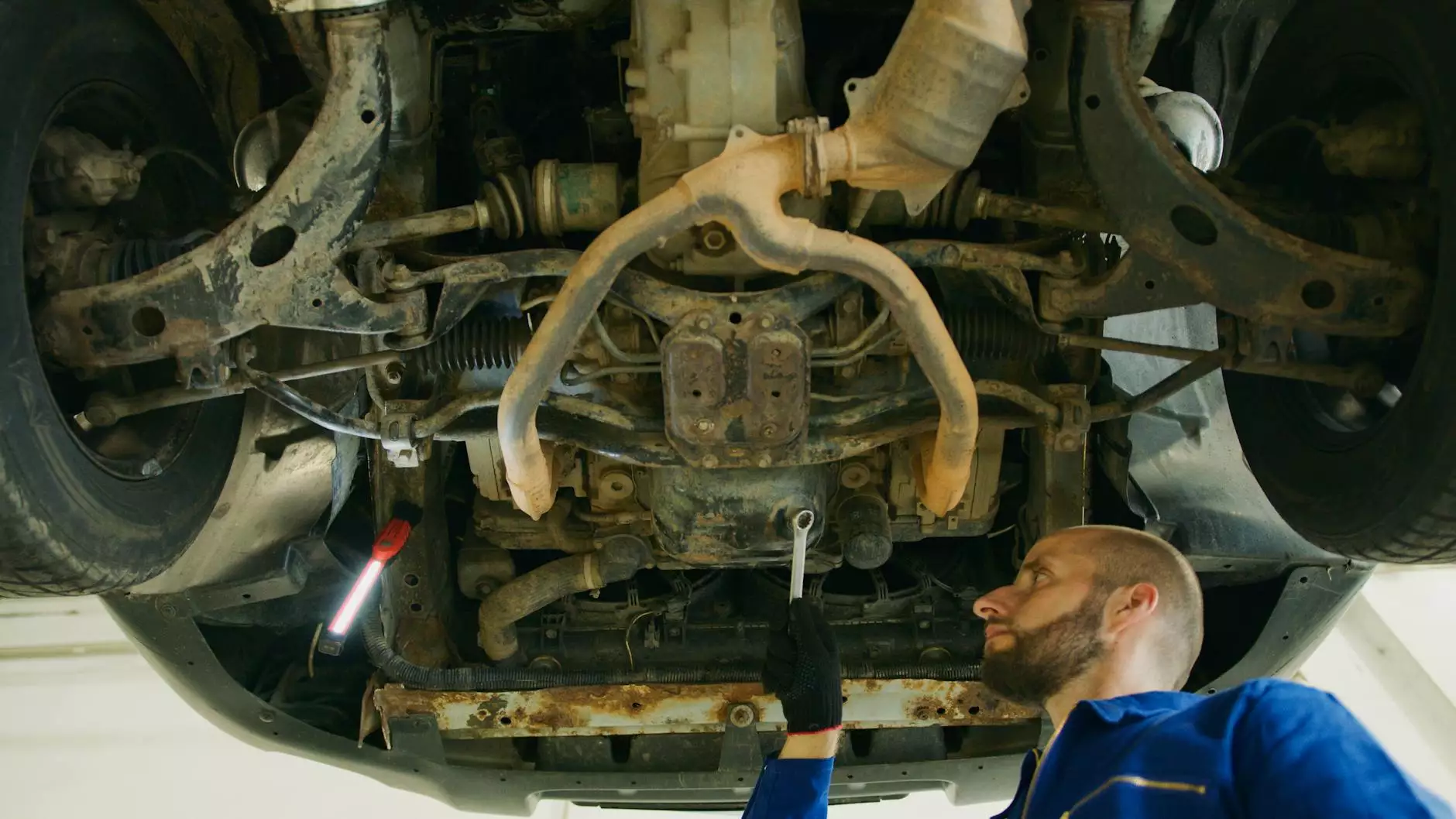Understanding Chemical RO: A Key Player in Water Purification

In an age where clean water access is a fundamental human right, understanding the tools and technologies that ensure our water supply remains uncontaminated is critical. Among these technologies, Chemical RO (Reverse Osmosis) systems stand out as a cornerstone in the water purification landscape. In this comprehensive article, we will delve deeply into the intricacies of chemical reverse osmosis, exploring its applications, benefits, and the future of water purification services.
The Basics of Reverse Osmosis Technology
Reverse osmosis (RO) is a water purification technology that uses a semi-permeable membrane to remove ions, molecules, and larger particles from drinking water. It is one of the most popular filtration methods due to its effectiveness in producing pure water, vital for both personal and industrial needs.
How Does Reverse Osmosis Work?
At its core, reverse osmosis functions by applying pressure to water containing dissolved substances. The pressure forces the water through the RO membrane, which allows only water molecules to pass while blocking larger contaminants.
- Feed Water: The source water, often rich in contaminants.
- Pressure Pump: Generates the required pressure to push water through the membrane.
- RO Membrane: The heart of the system, where filtration occurs.
- Permeate and Concentrate: Clean water is collected as permeate, while contaminants remain in the concentrate stream.
What Makes Chemical RO Unique?
The term Chemical RO describes the integration of chemical treatment processes with traditional reverse osmosis technology. This synergy enhances the purification process, addressing specific contaminants that are otherwise challenging to remove.
Benefits of Chemical RO Systems
Chemical RO systems offer a multitude of advantages that make them an essential component of modern water treatment strategies:
- Enhanced Contaminant Removal: Chemical additives can target specific impurities such as heavy metals, chlorine, and organic compounds, making the purification process more effective.
- Improved Membrane Longevity: By reducing the fouling of membranes with pre-treatment chemicals, the lifespan of the RO membranes is significantly extended.
- Versatility: Chemical RO systems can be designed to meet the unique needs of various industries, from municipal water supplies to pharmaceuticals and food production.
Applications of Chemical RO in Various Industries
Chemical reverse osmosis finds application in numerous sectors, demonstrating its versatility and effectiveness:
1. Water Purification Services
Water purification services rely heavily on chemical RO to provide homes and businesses with safe, clean water. These systems ensure the removal of contaminants that can pose health risks, ensuring compliance with health regulations.
2. Water Suppliers
Water suppliers utilize chemical RO systems to enhance water quality. This technology assists in meeting the growing demands for purified water, especially in urban areas where water pollution may be a concern.
3. Water Stores
Water stores that sell bottled or filtered water often incorporate chemical RO systems in their processes to guarantee the highest quality of water available to consumers. High purification standards are essential for maintaining customer trust and satisfaction.
Choosing the Right Chemical RO System
When selecting a chemical RO system, several factors must be considered:
- Water Quality Assessment: Conduct a thorough water analysis to determine the contaminants present.
- System Capacity: Choose a system that can handle the required flow rate to meet demand.
- Maintenance Requirements: Evaluate the ease of maintenance and the availability of replacement parts.
- Cost-Effectiveness: Consider both initial investment and long-term operational costs.
The Future of Chemical RO Technology
As technology advances, the future for chemical reverse osmosis systems looks promising. Innovations may include:
- Smart Technology Integration: IoT-enabled systems that provide real-time monitoring and data analytics for enhanced operational efficiency.
- Eco-Friendly Chemicals: The development of biodegradable and safe chemical agents for water treatment which minimize environmental impact.
- Modular Systems: Flexible modular systems that can be easily scaled or adapted for specific water treatment needs.
Conclusion
In conclusion, Chemical RO technology is not just an option; it’s a crucial necessity for ensuring the purity of our water supply. Its remarkable ability to address a multitude of contaminants positions it as a leader in water treatment solutions across diverse industries. As we continue to confront water quality challenges, investing in advanced water purification technologies like chemical RO appears to be the way forward. Embracing these innovations will not only enhance our health and safety but also contribute to sustainable water practices for future generations.
For businesses looking to invest in top-notch water purification services, including chemical RO, trust Bimak Skimya for unparalleled expertise and cutting-edge solutions. Our commitment to quality ensures that your water supply is not only pure but also reliable.



